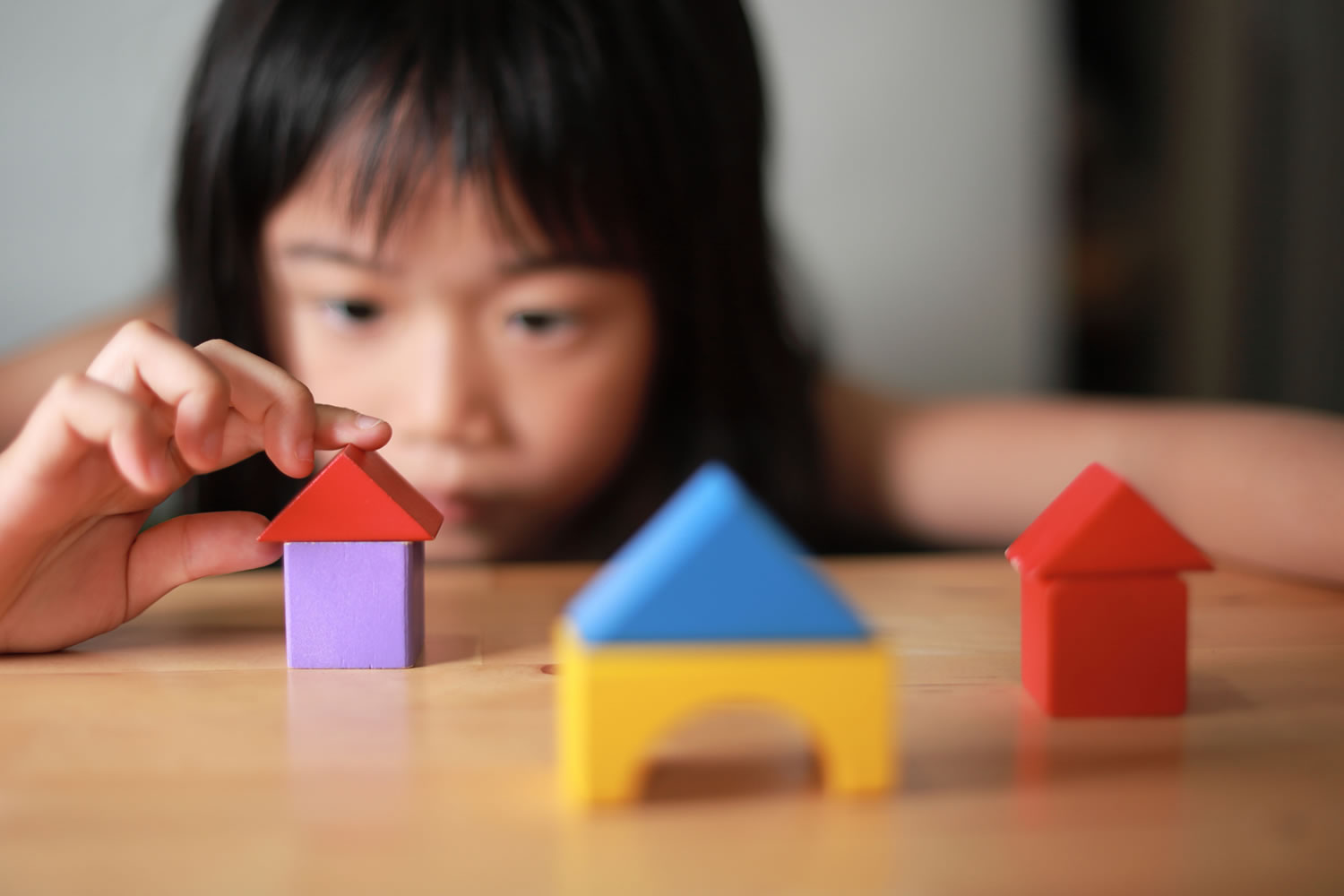Post pandemic play
Published on Tuesday, 09 November 2021
Last updated on Tuesday, 09 November 2021

In a world where we’re now all taught to distance ourselves socially from others, for our health and safety and theirs, what impact are COVID-19 and our post-pandemic lifestyle having on children’s play?
Flinders University PhD candidate Jennifer Fane, whose research focuses on communicating with preschoolers, says in her article about safe interactions for children in a post-pandemic world, “The closure of playgrounds, schools and the fear and worry associated with being in public spaces has likely had significant impacts on children during this time.”
While social restrictions and lifestyle changes have obviously affected people on a global scale, the extent of the impact on the still-developing brains and social skills of young children has been particularly worrying.
The lack of peer play for early learners during periods of mandated isolation, at a time in their lives when they are meant to be learning essential relationship-building skills through socialisation is already causing problems for many children.
In the UK, a research project looking into the effects of COVID-19 restrictions on young children found that children’s social skills were under-developed and children experienced difficulty in sharing or turn-taking” as a result of social isolation.
The research also found that problem solving skills were negatively impacted and adult intervention and guidance for simple tasks was required more frequently. It was also noted that levels of anxiety had increased, with some children appearing less focused and presenting with significantly lower levels of attention.
However, not all effects noticed have been negative. The same research project noticed that a “sizeable minority” of children had gained more independence in areas such as self-care, were happier to return to class and were more relaxed than previously - possibly because of the novelty of no longer being stuck at home.
Some children had also displayed increased resilience and demonstrated the use of newly developed coping skills. These positive changes may also be the result of the children having spent more time with parents and carers, getting one-on-one attention from them, resulting in greater feelings of security and contentedness due to this strengthened relationship.
This resilience, and an often admirable adaptability, saw many children seeking out creative ways to integrate social activities into a digital world through virtual sleepovers, an increase in FaceTime playdates, and Zoom neighbourhood ukulele lessons as noted in an article on The Conversation.
A large number of parents, and early childhood educators in areas where care has still been available during the pandemic, have noticed how children have been integrating the changing face of the world into their imaginative play.
One article in the US publication The Washington Post outlined this well:
“As the weeks stretched into months ... I noticed a shift in their play. There were still acorn factories in the backyard and Play-Doh bakeries on the kitchen table, but the workers at the factory began wearing masks and the bakery became ‘curbside pickup only’.
My 3-year-old sanitized his doll’s hands with an imaginary squirt of Purell after each outing to the backyard. And my 6-year-old reminded his action figures to remain socially distanced from one another as they went about their escapades.”
Other instances have seen children giving out vaccinations in their play hospitals, and even creating a new vaccine where tiny crocodiles are injected into an infected patient to eat all of the coronavirus germs.
This imaginative change in children’s play is a way for them to process the differences they have seen in their everyday lives to better understand them. It is a way for them to lessen the anxiety they may feel about such changes, to take control over the narrative by deciding on the outcome of their play situation themselves and make these changes more approachable and therefore acceptable when faced in the real world.
In Australia, vaccination levels have now reached high enough for restrictions to be eased significantly, and many of us are hoping for a return to ‘normal’ life, whatever that may mean for us now.
In regard to young children returning full-time in person to both school and early childhood education, concerns are being raised that formalised paper-based learning will take precedence over play-based learning, for fear of children falling behind in their cognitive development.
PhD candidate Jennifer Fane says this is the exact opposite of what’s needed for early learners.
“As children return to school, and life starts to resume as it did pre-COVID-19, focus and attention to children's opportunities for play -- and their ability to exercise reasonable 'agency' during this time of significant transition -- are two key aspects that can support their wellbeing during this difficult time," she says.
This sentiment is supported by other experts too.
The Lego Professor of Play at the University of Cambridge, for example, has been advocating the need to maintain active and playful methods [of educating children], guarding against the intrusion of formal and paper-based approaches (Ferguson, 2020), as well as an over-emphasis on digital learning (Gonski Institute for Education, 2020).
While this is something that individual educators and services will have to decide for themselves, play-based learning has been shown time and again to be a highly effective method for encouraging, cognitive, physical and social-emotional development in young children, and should not be discounted as an essential tool for helping children to return to their sense of normality.
Related Articles

Child's play - Three theories you may not know
The interesting theories on child's play that you may not be aware of.

Anji Play - Radical joy in early childhood education
The Chinese approach to early childhood development known as Anji Play.

Hit the creative play button with loose parts
If you've ever seen the magic a child creates with a plain cardboard box, you can start to grasp the idea of 'loose parts' play.
